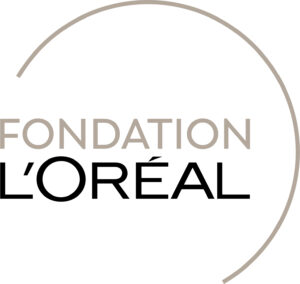The EFSEM – Enhancement of Food Security for Ethnic Minorities project works to ensure ethnic minority women and their families improve food security through agriculture livelihood diversification and climate resilience.
Background
Vietnam generally is a food-secure country as it produces enough rice to feed the whole population. Despite the high food export figures, many groups are still facing poverty and intermittent food shortages. In Vietnam, ethnic minorities account for 14.6% of the population but 52% of the poor. As food security is inherently linked to poverty, ethnic minorities are among the most vulnerable groups, especially when it comes to the four dimensions of food security as defined by FAO including Food availability, Food Access, Utilization, and Stability.
In the target location of Tan Uyen district, Lai Chau province, farmers rely on rain-fed rice cultivation; of which over 50% of rice paddy fields can only grow one crop annually. They do not have access to extension services as well as quality inputs for agricultural production. In addition, the old-fashioned cultivation practices in a changing climate and degrading environment significantly limit EM farmers’ capacity to produce enough food for consumption. This also challenges their ability to earn income or cash – a key determinant of access to food.
Within ethnic minority groups, the burden of poverty tends to fall more heavily on women. While women and men report joint decision-making on household finances and farming practices, husbands most often have final decision-making power on livelihoods and important spending. Women often have limited mobility, low literacy rates, and a lack of knowledge of the Vietnamese language.
EFSEM is part of CARE’s long-term program on Remote Ethnic Minority Women and will be implemented in InfoAct locations. The project will leverage a lot of InfoAct’s capacity-building interventions, savings groups, and other infrastructure such as loudspeakers to disseminate climate information, and mini-meteorology stations. EFSEM is also built up on CARE’s 30-year experience in supporting ethnic minority women’s economic empowerment in Vietnam. EFSEM will adopt the CARE International (CI) SuPER approach to smallholder agriculture that promotes Sustainable, Productive, Equitable, and Resilient livelihoods, and food and nutrition security, in a changing climate.
Objective of EFSEM
- Ethnic minority women and their families have improved food availability from sustainable agricultural production
- EM women and their families have a better capacity to mitigate disaster and climate risks
- EM women have increased participation in climate change (CC) & disaster risk reduction (DRR) planning at various levels
How does EFSEM work?
- Promote climate-resilient livelihood strategies and new agricultural techniques that are more resilient to changing climate.
- Prioritize community-based solutions to identify the vulnerability and adaptive capacity of local ethnic minorities through the Climate Change Vulnerability and Capacity Assessment (CVCA) process.
- Implement Village Savings & Loans Association (VSLA) model to strengthen livelihood/producer groups.
- Facilitate dialogues between men and women, promote more equitable sharing of household chores, and increase men’s support for their wives.
Participants of EFSEM
| 1,000 ethnic minorities women |
4,500 people in four remote communes |
Location
4 communes in Tan Uyen district, Lai Chau province
Time
5/2021 – 4/2024
Donor
